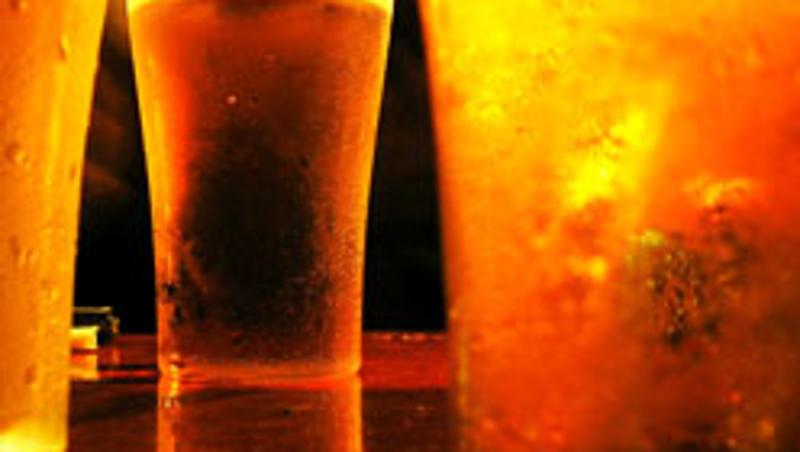
The next phase of a study using a combination of drug-free therapies that has helped alcohol-dependent people to more than halve their drinking in 10 weeks will look at how the therapy has changed brain structure.
The new study needs people who depend on alcohol to get through the day to sign up for the free course of therapy at Queensland University of Technology's School of Psychology and Counselling in Kelvin Grove.
QUT psychology researcher Dr Esben Strodl said volunteers in the new study would assist the research by having their brain waves and heart rates monitored before and after the therapy.
"We know this combination of therapy is successful. Participants in our most recent study reduced their drinking from 55 standard drinks a week to 25 within 10 weeks," Dr Strodl said.
"We have developed a combination of motivational interviewing and metacognitive therapy that really works.
"Motivational interviewing gets the person to recognise their own reasons for wanting to control their drinking. This breaks down the ambivalence some people feel - they know their drinking is damaging their relationships and other parts of their life but at the same time they don't want to stop.
"When the study participants are able to resolve this inner conflict, we use metacognitive therapy to help them identify their own particular trigger for why they drink excessively. It might be they have thoughts, feelings or see images that prompt them to hit the bottle."
Dr Strodl said about 20 people of any age up to 65 who drank 28 standard drinks a week (for men) or 14 standard drinks a week (for women) and who feel they have a problem with their drinking are needed for the study.
The therapy consists of eight free, face-to-face sessions with a psychologist at QUT's Kelvin Grove campus and two phone sessions. All entirely free.
"Once they have completed the therapy we will record two involuntary responses - changes in heart rate and changes in brainwave patterns - when they see pictures of alcohol-related situations. We'll do this before the therapy and again after they have completed it," Dr Strodl said.
"Any changes will tell us whether the therapy's success has also brought about physiological changes related to the change in cravings."
Related articles:
Young women want a safer night out
Online alcohol and depression helpline awarded
Alcohol dependency brought under control with help from study
** To volunteer for the study contact the research team on 07 3138 0999 or 0414 463 089 or email e.strodl@qut.edu.au. **
Media contacts:
- Niki Widdowson, QUT media officer, 07 3138 2999 or n.widdowson@qut.edu.au
- Dr Esben Strodl, QUT researcher, 07 3138 8416 or e.strodl@qut.edu.au


